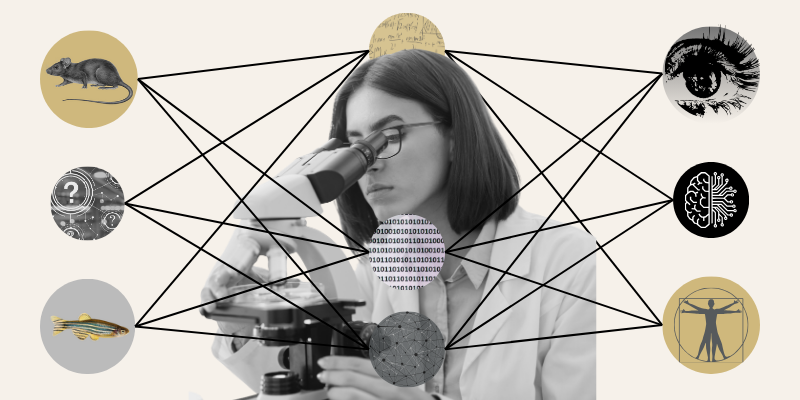What are some major ways AI is being integrated into mental health care right now?
AI can be tricky to define because it can act in so many ways, but we’re seeing lots of creative implementations. For example, some are seeking to improve chatbots to treat conditions like depression. That’s one great example of how we can use different algorithms to mimic the feel of connecting with a person to get mental health advice tailored to their specific situation.
Some experts suggest that AI could be used to address the gap where there is a need for mental health care where providers are unavailable. This is one of those things that’s not as far off as we might think, depending on how the regulatory structure and development of AI goes.
And what about the research side?
In the process of testing interventions to see if they work, AI can help find ways to improve them and understand their active ingredients, or their actual mechanisms of action. If there is a huge scale up of people interacting with AI for therapeutic reasons, and everything is noted and recorded in a standardized way, we’re going to have a massive opportunity to rapidly assess the efficacy of those interventions.
Because there are so many factors that can impact a person’s mental health, how do you begin to assess where AI fits into the equation of care?
We can take some lessons from cancer research or genomics research where you have a very large number of variables to search for patterns and associations. This gets into the machine learning side of AI. There have been numerous methods that are specifically designed to manage that degree of complexity real-world contributions to general health. Applying these methods allows us to explore the contributions to a person’s mental health in a much more comprehensive fashion than we could ever do previously.
Essentially AI allows mental health researchers to look at lots of data more quickly.
Yes. In the past, you might have an idea that something like sleep might be related to the risk of a person developing mania. It might consume a postdoc's work for several years to examine and verify this single association. With AI we can sift through large datasets from multiple sources — like medical records or large-scale epidemiologic studies — to detect the association between numerous factors and a person’s risk for mania. That can help lead us to new discoveries. For example, sleep may work alongside other factors like specific combinations of genes, family history, and past depression. These are variables that may have been outside of our intrepid postdoc’s original hypotheses that they weren’t looking at previously. While the AI approach can efficiently survey more potential factors, it needs lots of data to work.
What’s on the horizon for AI and mental health care that you’re excited about?
Essentially, AI is a tool to be used broadly in medicine to adapt rapidly — even real time — to clinical information and personalize our interventions. I’m excited for that happening in psychiatry.
By way of just one example, AI will give us the ability to start practicing preventative mental health interventions. Oftentimes in mental health care we are limited to reacting to severe outcomes like suicidal behavior. In these cases, it’s like detecting cardiovascular disease after a heart attack has happened. With AI, it’s likely we will arrive at indicators that are reliable and tested across a lot of data sources to identify when a person is at very high risk for depression. Then we can intervene earlier. We even have lots of non-pharmacologic and behavioral interventions that we might already translate to prevention.
From understanding sources of bias in our evaluations and treatment plans to improving workflows through document generation, there are a number of ways the process of using AI may help our work in psychiatry.




.png)
